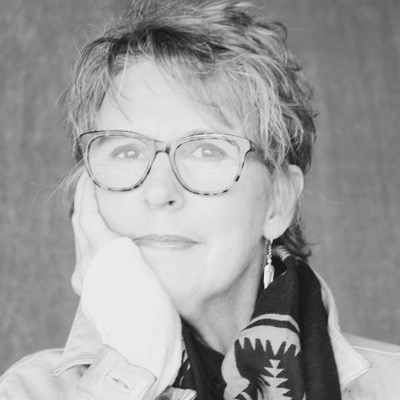Tomorrow is election day.
I’ve filled out and mailed my ballot, and like most of my fellow Americans, I am anxiously awaiting the outcome, knowing that it might get even uglier than it’s been before it’s all over. And like most of my fellow Americans, I can see that the divisions in our country run deep and wide, and seem to only be getting deeper and wider.
How did we get here?
However it happened, we got here together.
Whether through blaming the other side, fighting against what we don’t want rather than working for what we do, listening to and reading only that which will confirm our own views rather than listening to and reading about the views of those who see it differently, or allowing fear to hold us back rather than letting courage urge us forward, we’ve arrived here together.
How did we get here?
However it happened, we got here together.
Whether by tuning out, turning it over to others to figure out, or not exercising our sacred right to vote because the choices feel too complicated or we don’t like the options, we’ve arrived here together.
How did we get here?
However it happened, we got here together
We are, each and every one of us, responsible in some way for the state of our union. I am, you are, we are, they are.
How did we get here?
That’s the question, and one we all need to take seriously. Let’s look in the mirror and deep into our own souls, and tell ourselves the truth about what we’ve done to create such a deeply divided country when the great majority of us want it to be anything but.
If I want the state of our union to be different, to be one that brings us together and works for the good of the many and not the few, if I want a government that is of, by, and for the people, then I have to choose and speak and act accordingly. And so do you, and so do we, and so do they.
How will we get there?
However it happens, we’ll get there together.
.




